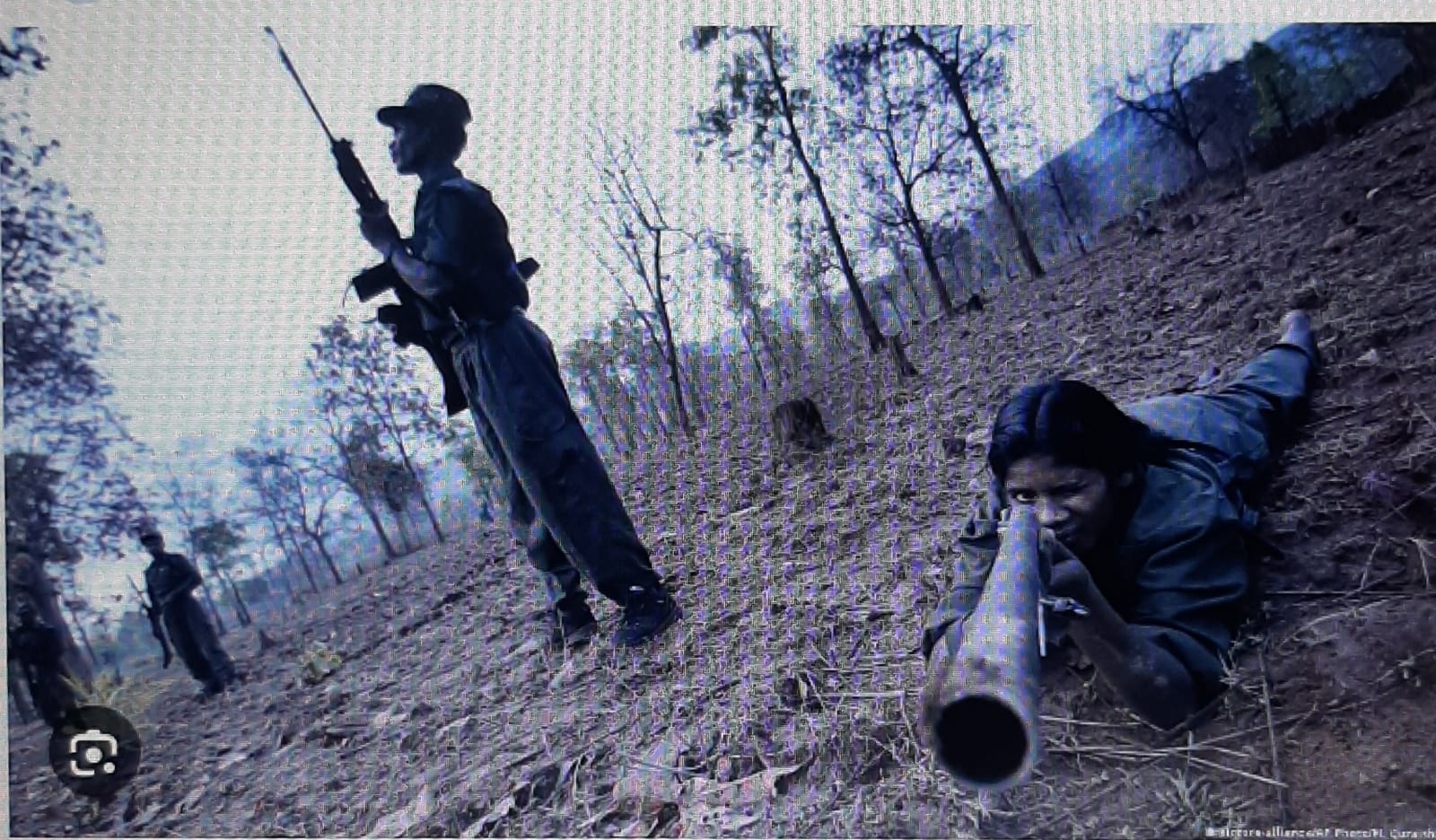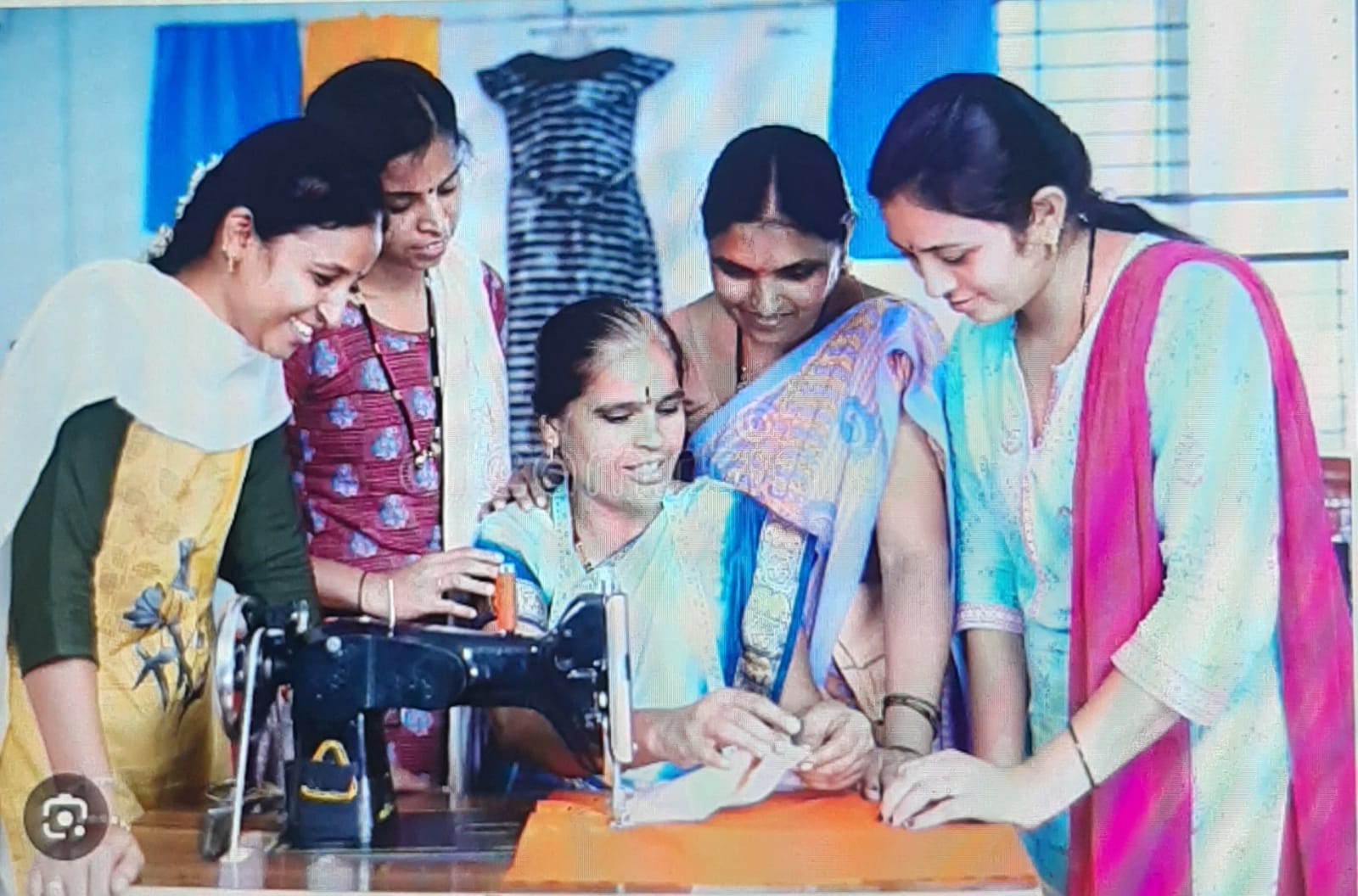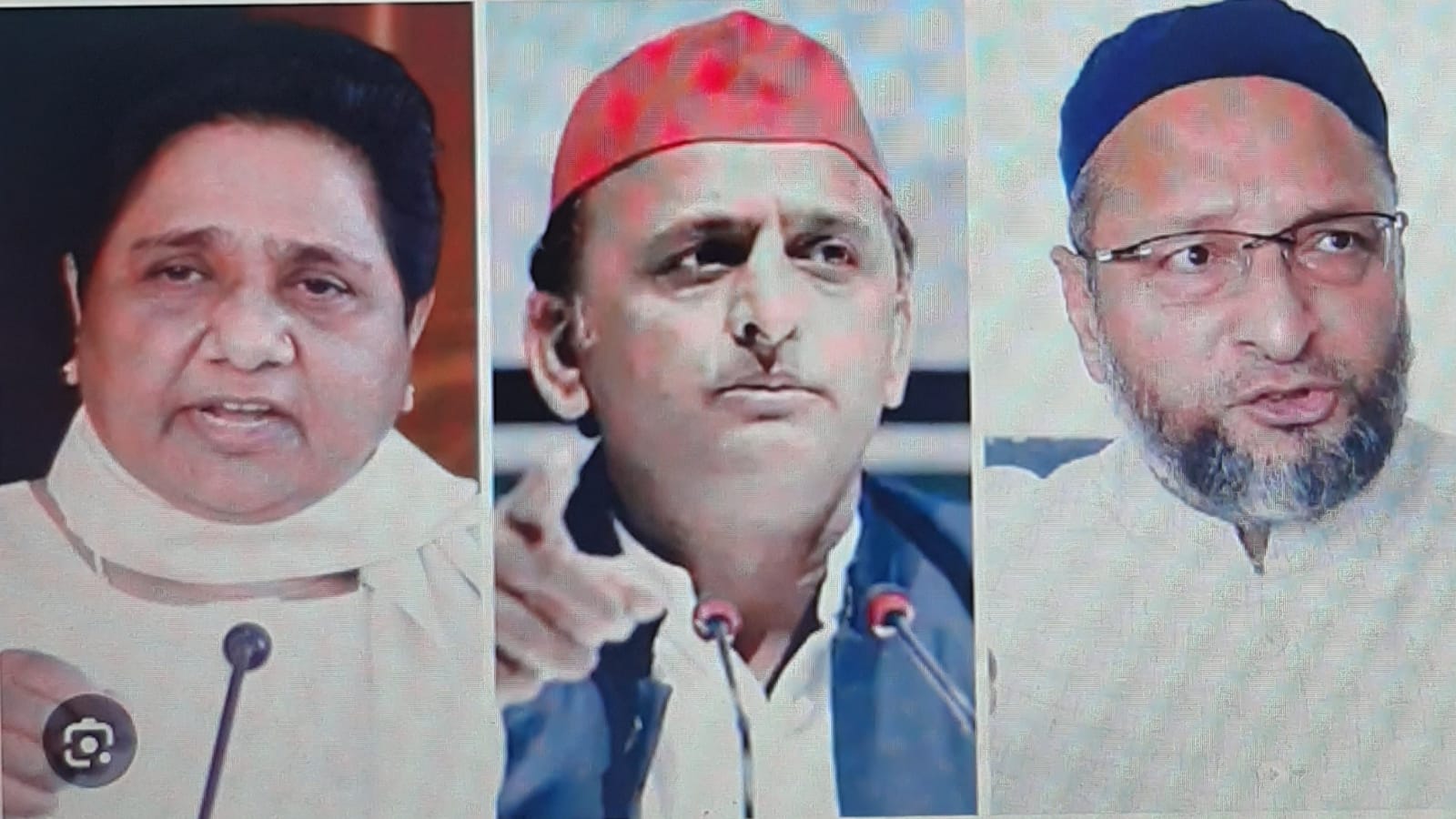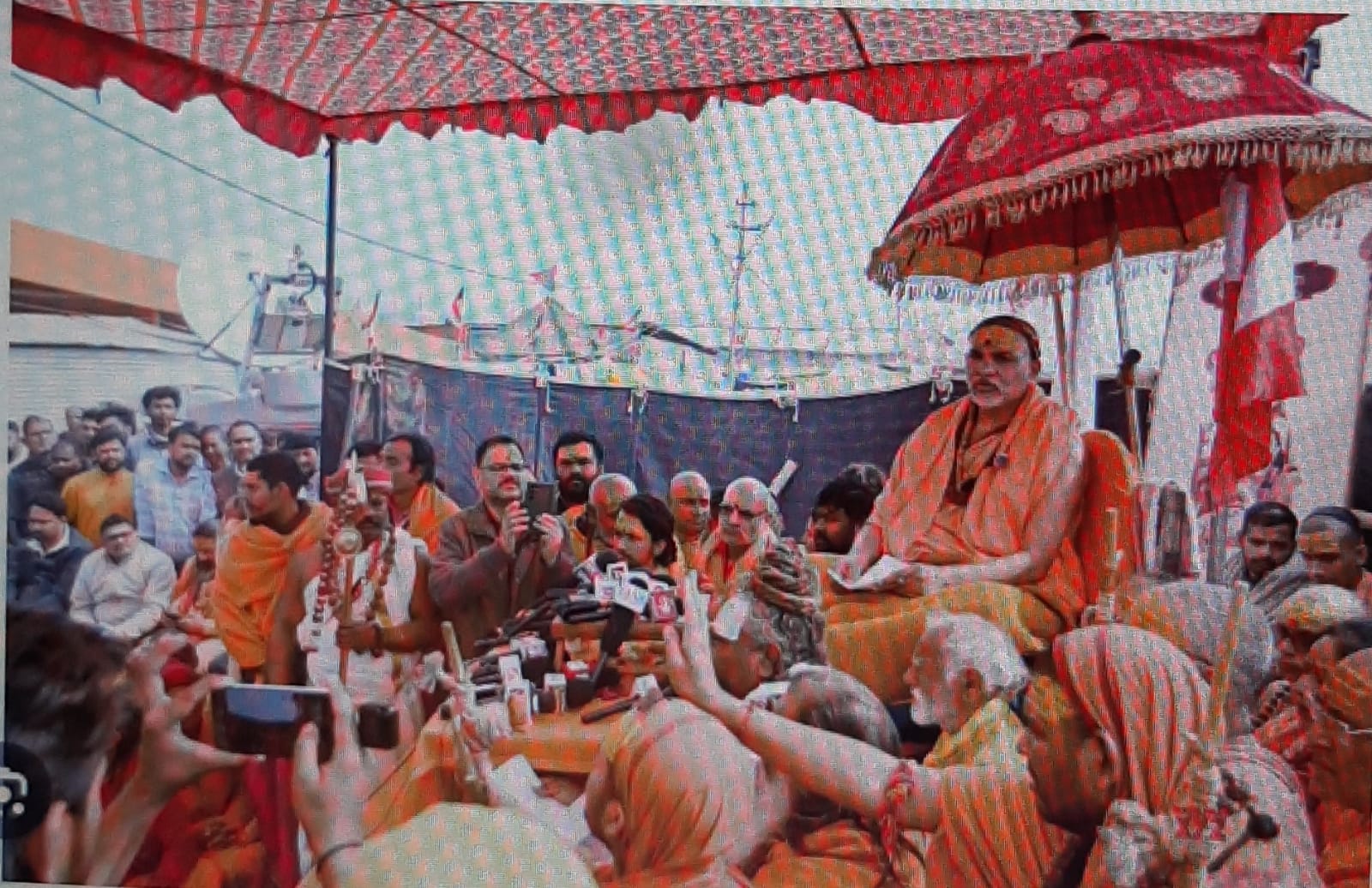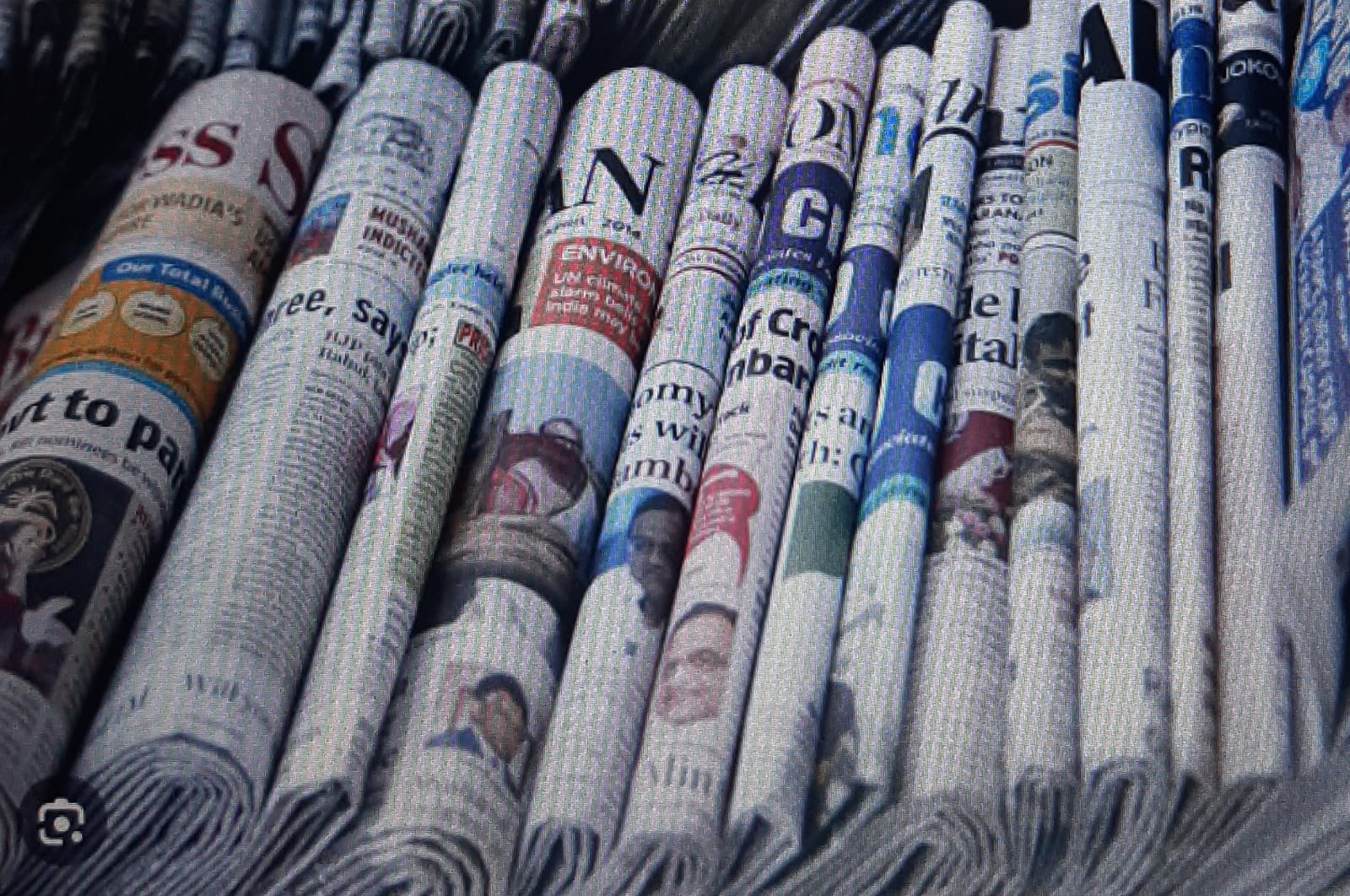
Ukraine crisis has thrown open the contradictions in international relationships, treaties, groupings on one side and individual country’s self-interest on the other, writes former IAS officer V S Pandey
The Russian invasion of Ukraine has shaken the world. There are many lessons to be learned from this dispute for every country, including India. As the adage emphasis “there are no permanent friends or foes in international relations,self interest is the only guiding principle”. The recent developments prove that nations have to first safeguard their own interest and security and accordingly decide their future course of action. In wartime, every nation weighs the pros and cons of the situation and accordingly takes action. International laws, principles of right and wrong, treatise etc recede. India abstained from voting in the Security Council on Russian aggression -despite persuasion from US and EU, because it had to look after its own interests first. According to the Russian narrative, NATO forces are wanting to knock at its door with the imminent possibility of Ukraine joining the grouping, led by the US. The other hidden motive could be that the present Russian regime savours the vision of a greater Russia and desires to exercise the power and influence that it enjoyed before 1991.
This crisis throws open the contradictions in international relationships, treaties , groupings on one side and individual country’s self interest on the other. Every war, throws up winners and losers , but humanity always loses . This has been history of humanity, across the globe. Millions get killed and hundreds of thousands get wounded to satisfy the whims and overvaulting ambitions of some rulers. The game of declaration of victors and vanquished has been going on unabated since time immemorial and is on currently even after signing of various treaties and declarations and the existence of fully functional peace maintaining institutions like United Nations and it’s high powered Security Council debating issues concerning outbreaks of conflicts, amongst nations constantly.
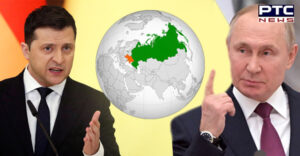
The current war will also end eventually with millions displaced, thousands killed , a country destroyed , cities turned into debris and economies across the world taking a hit. Through this misery will emerge a so-called winner. Every side has a reason to not buckle down and there are loads of arguments advanced for fighting to continue. One side fighting for supremacy , the other resisting gallantly for national pride, both will end up losing , in the real sense, on humanitarian front.
In the recent past , we witnessed war in Cambodia, Vietnam, Arab-Israel and more recently the Syrian war. We also witnessed the invasion of Afghanistan and Iraq. Both countries stand devastated and struggling to survive modestly. The USA and its allies had then presented , strong arguments to invade these countries but nearly two decades later , they had to leave these countries with nothing achieved. History, as is said, is repeating itself. This time the name of the invading country has changed. Time only will tell who will lose, and when.
The unfortunate part of our civilisation’s growth is that we have failed to discard the “ might is right” principle, which became a successful formula for formation of kingdoms, countries and other such political institutions. Even currently, this is the official stand of the world community as United Nation’s Security Council is the body authorised to take action against erring countries and this body has five permanent members with Veto power. Clearly these five countries have been vested with or rather have usurped the power to determine the fate of all other countries. Here again , might is right. They can single handed ensure that no action is taken by the global body and all other nations remain hapless silent spectators of this bloody drama being played out on the global theatre. There is talk about all democracies coming together but what about the most undemocratic body UNSC? Why can’t all the nations have an equal vote to determine the course of action . If one person one vote is the essence of democracies then how can one vote be given the power to negate nearly two hundred votes representing these multitude of nations. Wars are man made disasters, so people have to collectively put an end to this menace.
Thomas Jefferson, a spokesman for democracy, was an American Founding Father, the principal author of the Declaration of Independence (1776), and the third President of the United States (1801–1809).He said “ I am not an advocate for frequent changes in laws and Constitutions. But laws and institutions must go hand in hand with the progress of the human mind. As that becomes more developed, more enlightened, as new discoveries are made, new truths discovered and manners and opinions change, with the change of circumstances, institutions must advance also to keep pace with the times. We might as well require a man to wear still the coat which fitted him when a boy as civilized society to remain ever under the regimen of their barbarous ancestors.”
The time has come to do away with the elitist power of the coterie of nations in the United Nation’s Security Council and give equal power to all countries through “equal vote”- to decide questions of war and peace and the future of humanity. This power was left in the hand of a select few and the results are disastrous. After the formation of UN in the year 1945 , the world has witnessed several wars, coups , invasions , and even installation of despots by democracies . The time has come to junk the old order and create a new one. The future will be safer when a select few countries and individuals, cocooned safely, are barred from deciding the future of billions.
(Vijay Shankar Pandey is former Secretary Government of India)



